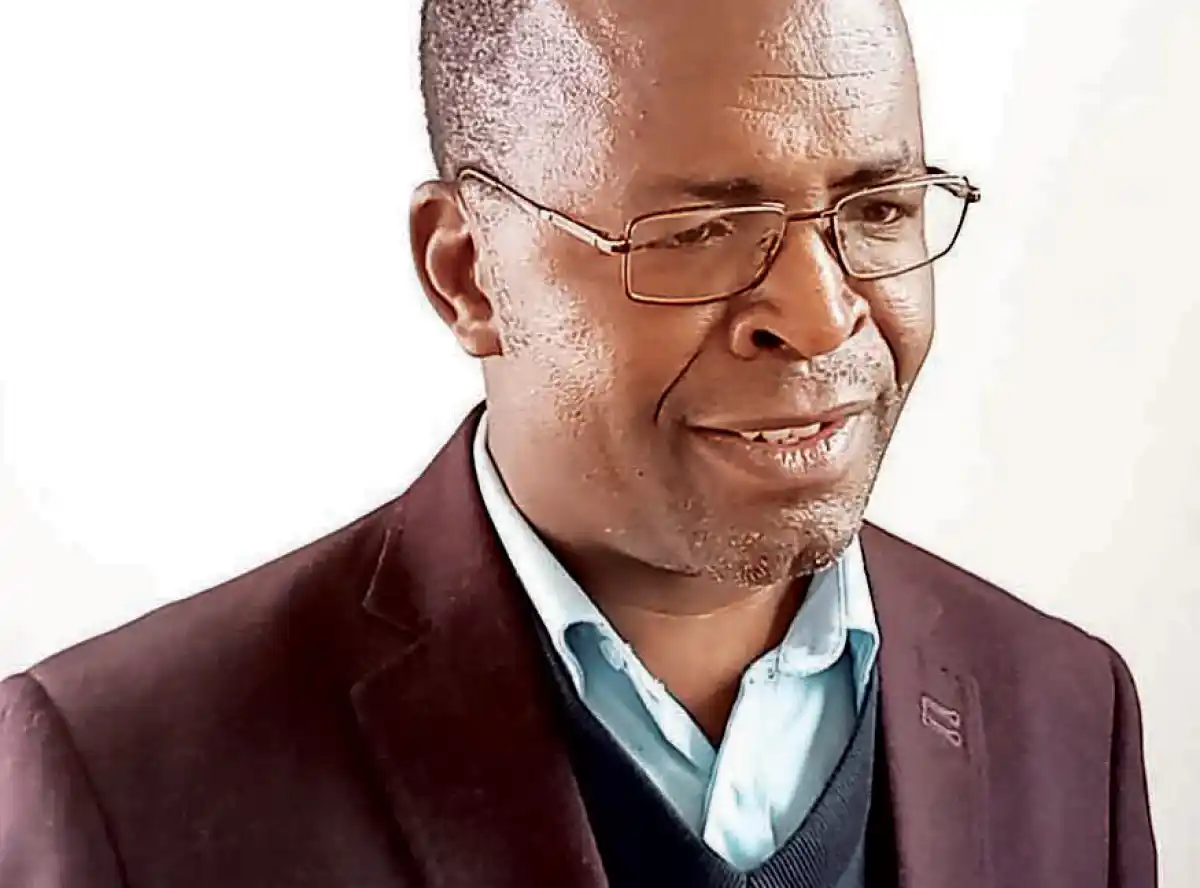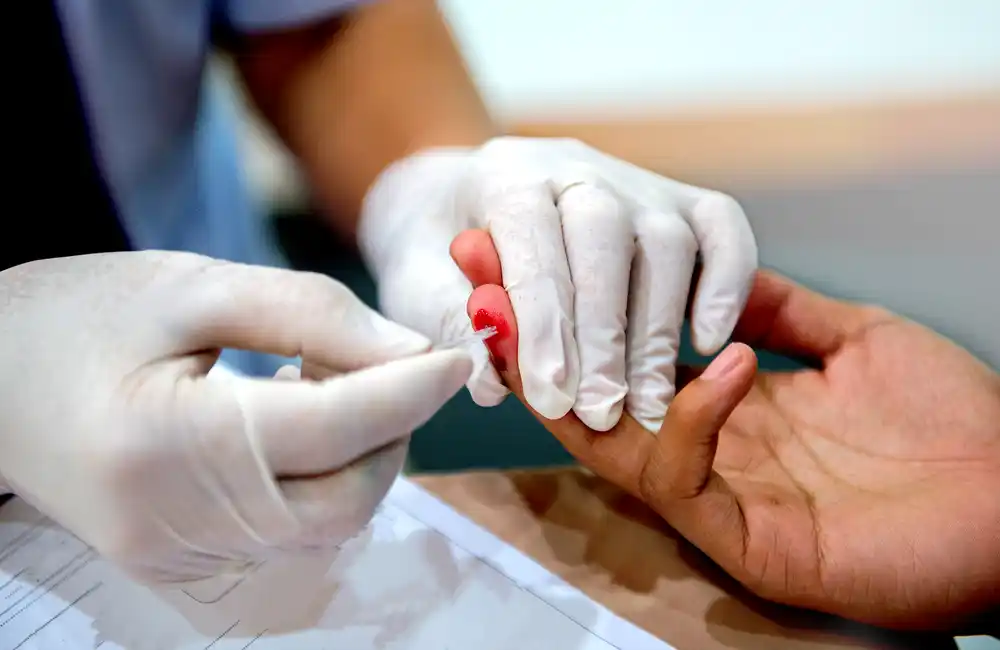
By Wezzie Gausi
A study by researchers at Bahir Dar University in Ethiopia has found that Malawi has the highest proportion of substandard and falsified medicines in Africa.
This has been revealed in The Guardian on Sunday article titled ‘Fifth of Medicines in Africa May Be Sub-par or Fake, Research Finds’.
According to the publication, a fifth of medicines in Africa could be substandard or fake, raising the alarm on a problem that could be contributing to the death of countless patients.
It notes that researchers from Bahir Dar University analysed 27 studies in the review and found that of the 7,508 medicine samples included, 1,639 failed at least one quality test and were confirmed to be substandard or falsified.
“Malawi was found to have the highest proportion of substandard and falsified medicines, according to the study,” the publication wrote.
But, Monday, Malawi’s Pharmacy and Medicines Regulatory Authority (PMRA) said it needed to reexamine the methodology used in the study.
PMRA spokesperson Joseph Josiah said the review, which analysed studies published between 2014 and 2024 from different countries in Africa, referenced a 2015 study by a Malawian researcher at the University of Ghana and that in his study, he reported that Malawi had 88.4 percent prevalence of poor-quality medicines.
“Therefore, the PMRA is currently re-examining the methodology used in this 2015 study, as it is the primary source informing the review’s findings which have singled out Malawi as among the countries with [the] highest proportion of the said substandard and falsified medicines as reported by The Guardian newspaper.

“We are taking this step to ensure the accuracy and reliability of the data, as the PMRA is committed to safeguarding public health and maintaining the integrity of the pharmaceutical supply chain in Malawi,” Josiah said.
Meanwhile, quality health advocate Maziko Matemba has called for more clarity on the issue, stressing that medicine is a sensitive subject impacting people’s health and lives.
“To my knowledge, most medicines and vaccines are procured from global north markets, which guarantee their effectiveness and quality.
“Malawi has a medical regulatory authority that regularly checks all medicines received,” Matemba said.
He also noted that experienced physicians and pharmacists periodically meet with Ministry of Health officials to discuss the performance of various medicines and make necessary adjustments.
“While it’s important to investigate the claims, it should be done without causing unnecessary panic. The government should also explore local medicine manufacturing, as advocated by the Africa Union Centre for Disease Control,” Matemba said.
Secretary for Health Samson Mndolo declined to comment on the matter.
A previous study by the World Health Organisation (WHO) found that an estimated one in 10 medical products in developing countries are substandard or falsified, with 42 percent of reports coming from Africa, 21 percent from the Americas, and 21 percent from Europe.
Last year, estimates by the United Nations Office on Drugs and Crime put the human cost of falsified and substandard medicines at up to 500,000 deaths a year in sub-Saharan Africa.








0 Comments